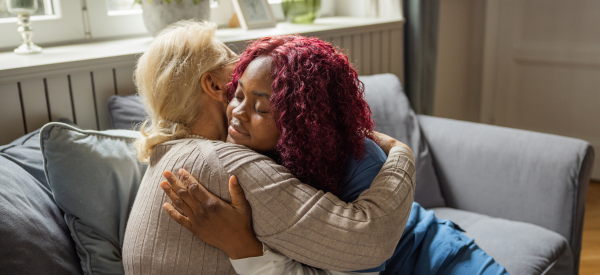There comes a time in all of our lives where we need to depend on others for help. This might be easier for some people than it is for others – and understandable so.
This is also true for our senior loved ones. But there’s a difference in leaning on someone temporarily in a time of need and relying on someone because of a loss of independence.
The thought of no longer having control over your own independence can leave you feeling scared, angry, frustrated and alone. It can also adversely impact one’s health and overall well-being.
That’s why it’s so hard for many of older family members to discuss the need for help, even as they realize that they need it. Unfortunately, when they’re living on their own, we may not even know that our loved ones require assistance.
So, it becomes essential for others to be able to recognize when their senior needs help. Freedom Home Care came up with a list of signs things that could indicate that your loved one needs a helping hand.
In order to assess where your senior is in terms of his or her self-care capabilities, many experts rely on the Activities of Daily Living and the Instrumental Activities of Daily Living. The ADL provides a list of activities that the average person does on a daily basis. Some of these things include eating or feeding oneself, bathing and grooming, dressing and undressing, using the restroom, and moving and walking around independently.
Instrumental Activities of Daily Living are activities performed in order to be able to live independently. This list includes being able to use the phone, email or internet, cooking meals and cleaning up after oneself, driving or using public transportation, doing laundry or housework, taking medications and dosages correctly, shopping for food and clothes, and managing personal finances.
Not only do ADLs and IADLs give families a look at their loved ones ability to perform tasks mentally and physically, it also offers home care agency professionals a tool by which to measure the their clients’ needs.
Other ways to tell if you senior may require a little more assistance is if you notice a change in memory, habits or health. Sometimes we misplace our keys or forget a birthday. That’s a normal part of memory loss that happens with age. But, when the ability to remember things impacts a person’s way of life, that could signal the onset of cognitive disfunction.
Is your loved one not as organized as they used to be or do you find them constantly looking disheveled or unkept? It could mean that your senior is not able to keep up with the their responsibilities with same level of diligence. And if they suffer from a chronic disease or condition, it may be harder to perform everyday tasks as usual.
Remember, offering your loved one a little patience and understanding can go a long way in helping to meet their overall needs.




